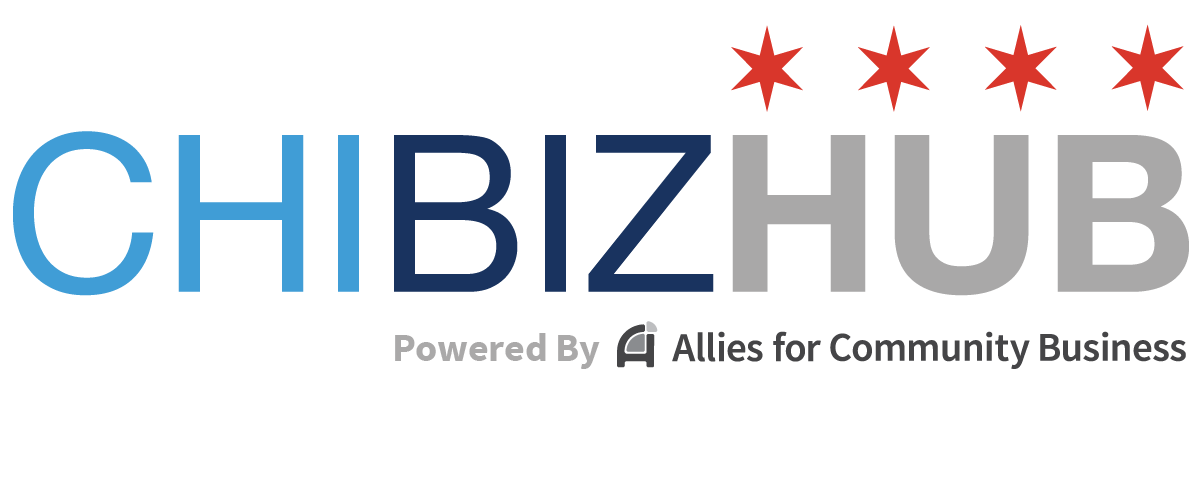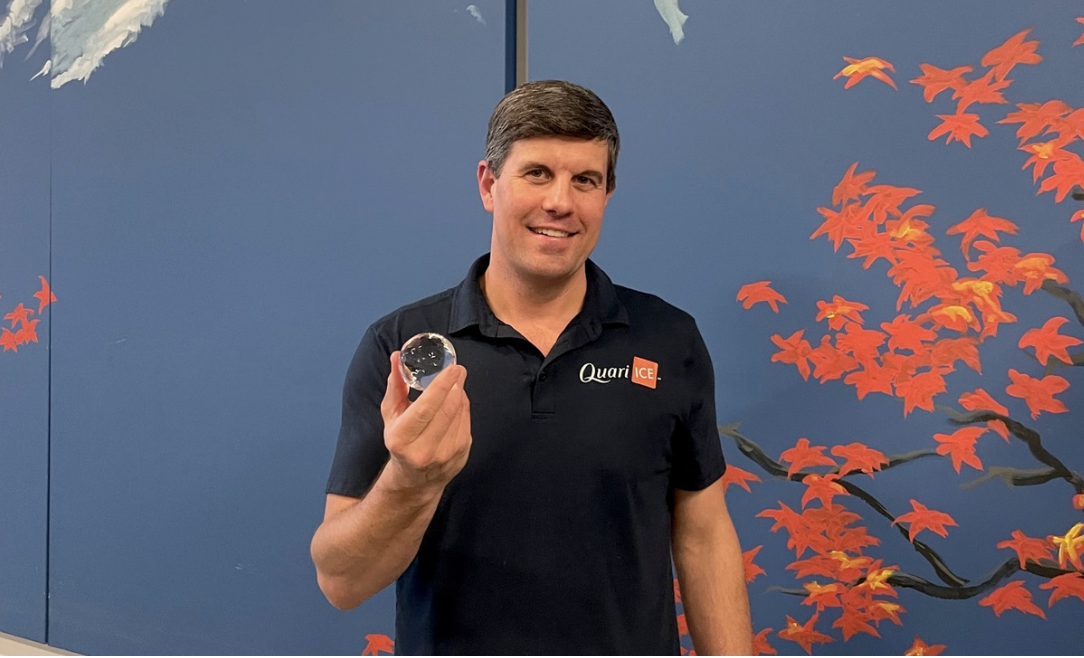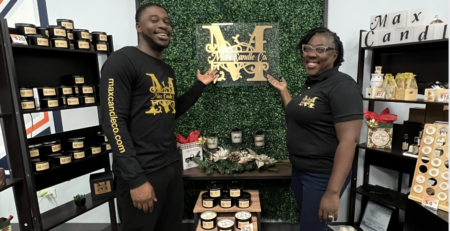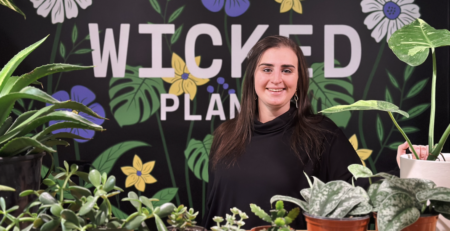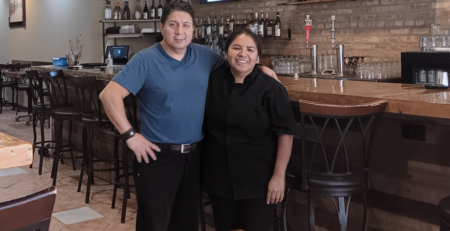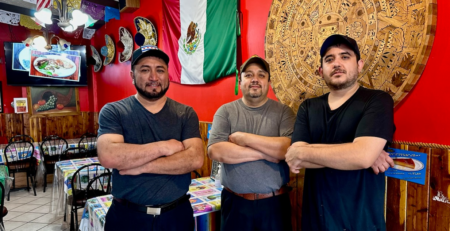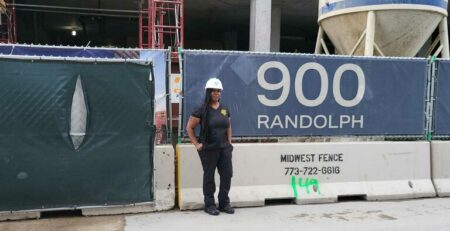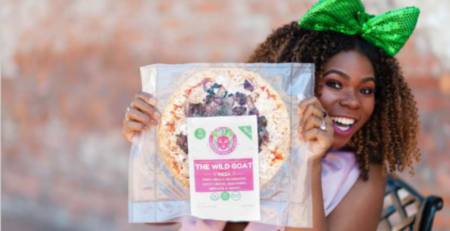Neil Sullivan, Quari Ice
Cocktail Ice Cubes, Chicago, IL
Organization: Make City
Services Utilized: Buy or Rent Space, Hire / Retain Staff, Optimize Operations
Neil Sullivan didn’t set out to start Quari Ice, the craft ice company with a social mission and brainchild of his wife, Audrey. After studying Japanese and European History in college, Neil worked in a fishing village in Japan to build his language skills. He returned to the U.S. and worked for several years in private equity, but he soon realized that he “wanted to build rather than buy.”
Neil was motivated to go to business school where he became interested in entrepreneurship. The idea for Quari Ice came during hot day under the sun having cocktails with friends. Audrey looked down to suddenly discover her drink had quickly become a “not great drink” due to the ice, which was cloudy and tasted like chlorine. An idea was born.
The novelty of what Quari was trying to accomplish – making large batches of ice and then cutting them down into cubes and spheres for cocktails – produced a lot of challenges: financially, emotionally, and logistically. “In the early days, we were just fighting tooth and nail because there was so much that can go wrong, especially in the summer,” Neil said. “Fighting the heat, fighting the freezers, which go off on a defrost mode every six hours.”
In addition to financing and the technology to make thousands of ice cubes, another resource that Neil says is key to his path as an entrepreneur is relationships. “You really have to have a lot of emotional support,” Neil said. “You feel like you’re on a high one minute – you get a great idea, and you’re at your lowest low the next.”
Quari Ice found help through the Industrial Council of Nearwest Chicago’s (ICNC) Make City incubator, which provided reasonable rent in a location close to restaurant customers. ICNC also supported Quari Ice by helping to identify qualified candidates to hire, and ICNC provided connections to help Neil improve operations and manufacturing processes.
In addition to the logistics of running a business, Neil says that the social impact aspect of their business is a key to their success. “Our mission is to level the playing field for people that need a second chance,” Neil said. “They have the will and the skill to outpace anyone else who might be applying to that job.” Quari Ice employs formerly incarcerated individuals, and employees at Quari are given partial ownership in the company. “Ultimately we want to bring in veterans, we want to bring in refugees,” Neil said. “We feel it not only makes moral or social sense, but actually as it turns out, it makes great business sense as well.”
Use the ChiBizHub directory to connect to business help.
We asked Neil to walk us through the steps he took to develop his business idea. Visit our Develop Your Idea page to complete your own business checklist and follow along with the video.
Develop Your Idea – Quari Ice
- Identify the Problem
What problem am I trying to solve?
Developing large, clear blocks of high quality ice for cocktails. “There is ice for keeping coolers cool,” Neil said. “There is not an ice for keeping drinks consistent with minimal dilution and almost zero flavor profile, so it doesn’t interfere with the integrity of the drink.”
What is my product?
Quari Ice started with four products: 4-packs and 12-packs of ice in both cubes and spheres shapes. “Our North Star has been doing to ice what Fiji did to water,” Neil said. “We’ve always led with ‘let’s democratize craft ice.’ And it’s been a thing in restaurants for a decade before we started introducing it in grocery stores.”
How will I price it?
Quari Ice came up with two different cost structures. The first was for the individual consumer. “It was a combination of cost — as an entrepreneur you have to cover your costs — and what would we consider the threshold of what we’d be willing to pay and consume on a regular basis,” Neil said. “On the restaurant side, we had more competition in the market. We had less leeway for how that was approached. It was dictated by current market rates and what we felt was our unique value proposition.”
- Define Your Ideal Customer
How would I describe my customer?
“Our ideal customer is either an individual or consumer in the form of a restaurant, hotel, or bar who is uncompromising in their expectations of product quality, who cares about value… and who cares about giving back in that same purchase,” Neil said.
- Prepare to Sell Your Product
How will I market my new idea?
“It’s 100 percent word of mouth,” Neil said. “We’re trying to put as much energy as we can around an awesome product – making it as good as we possibly could for the customer. We’ve never advertised.”
How will I make my first sale?
The first customer was a brewery Neil and his wife frequented as customers near their apartment in Chicago. “I basically brought over a box of ice and had tremors in my hand,” Neil said. “I was shaking, and it took a while to get over that. But as we gained confidence in our product, it became much more natural.”
“For retail, since ice had never been sold in grocery stores, we took a mockup of this paper box with a printout from our HP printer with our brand on it [and held it up] and said ‘Can you imagine what this would be like?’” Quari’s first retail customer was Binny’s Beverage Depot who wheeled in freezers to display packs of the large ice cubes and spheres. There was some skepticism about if Quari Ice would sell, but both freezers were almost totally sold out on the first day.
